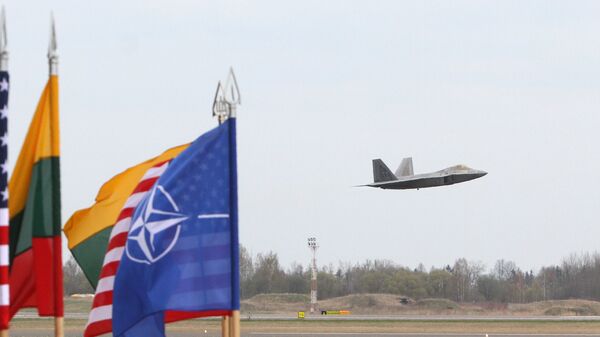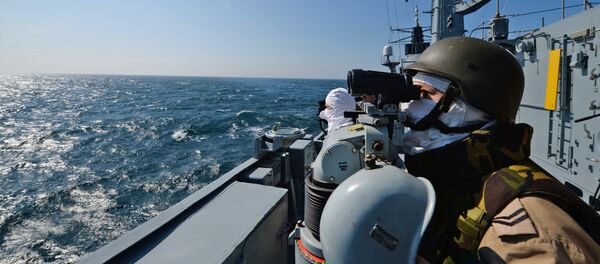NATO's networks are targeted on a daily basis, but this measure will likely only apply to the most serious security breaches that could trigger the collective defense clause under Article 5.
Cyber attack can trigger Article 5. It is important to develop defensive capabilities & attribute the attacks — #NATO SG @jensstoltenberg
— Carmen Romero (@NATODepSpox) 14 июня 2016 г.
"A severe cyberattack may be classified as a case for the alliance. Then NATO can and must react," Reuters quoted Stoltenberg told as telling the German newspaper Bild. The bloc's chief was vague on how exactly the alliance plans to respond, saying only that the strategy "will depend on the severity of the attack."
Stoltenberg appeared not to mention how the alliance plans to determine the assault's origin, which is a major challenge when it comes to sophisticated operations since hackers are capable of launching and routing attacks worldwide.
"The question of how to respond to cyberattacks is a thorny one. Attribution for the attacks can often be murky, making it very hard to prove accurately the original source. Even if the location of an attack is identified, a nation can claim that the attacks came from a rogue individual and not a government," Aaron Mehta observed.
NATO has already confirmed that it will recognize cyberspace as an operational domain at the bloc's upcoming summits in Poland, Warsaw, and will invest heavily into building up defenses to its computer networks just like it has beefed up its military capabilities when it comes to air, sea and land operations.
BREAKING: “We agreed that at #NATOsummit we will recognize cyberspace as operational domain, just like air, sea & land” –SG @jensstoltenberg
— Oana Lungescu (@NATOpress) 14 июня 2016 г.
The bloc's war planners believe that modern warfare will contain cyberstrikes as a major component of any offensive. They could also be utilized on their own for a range of missions, including disrupting communications, damaging critical infrastructure or obtaining top secret information.
NATO officials often cite Russia's increasing military might as posing a threat, although Moscow has always maintained that its weapons serve solely defensive purposes. In addition, Russian authorities have also been accused of launching complex cyberattacks against other countries as part of what NATO calls "hybrid warfare." Moscow has always denied these groundless claims.


